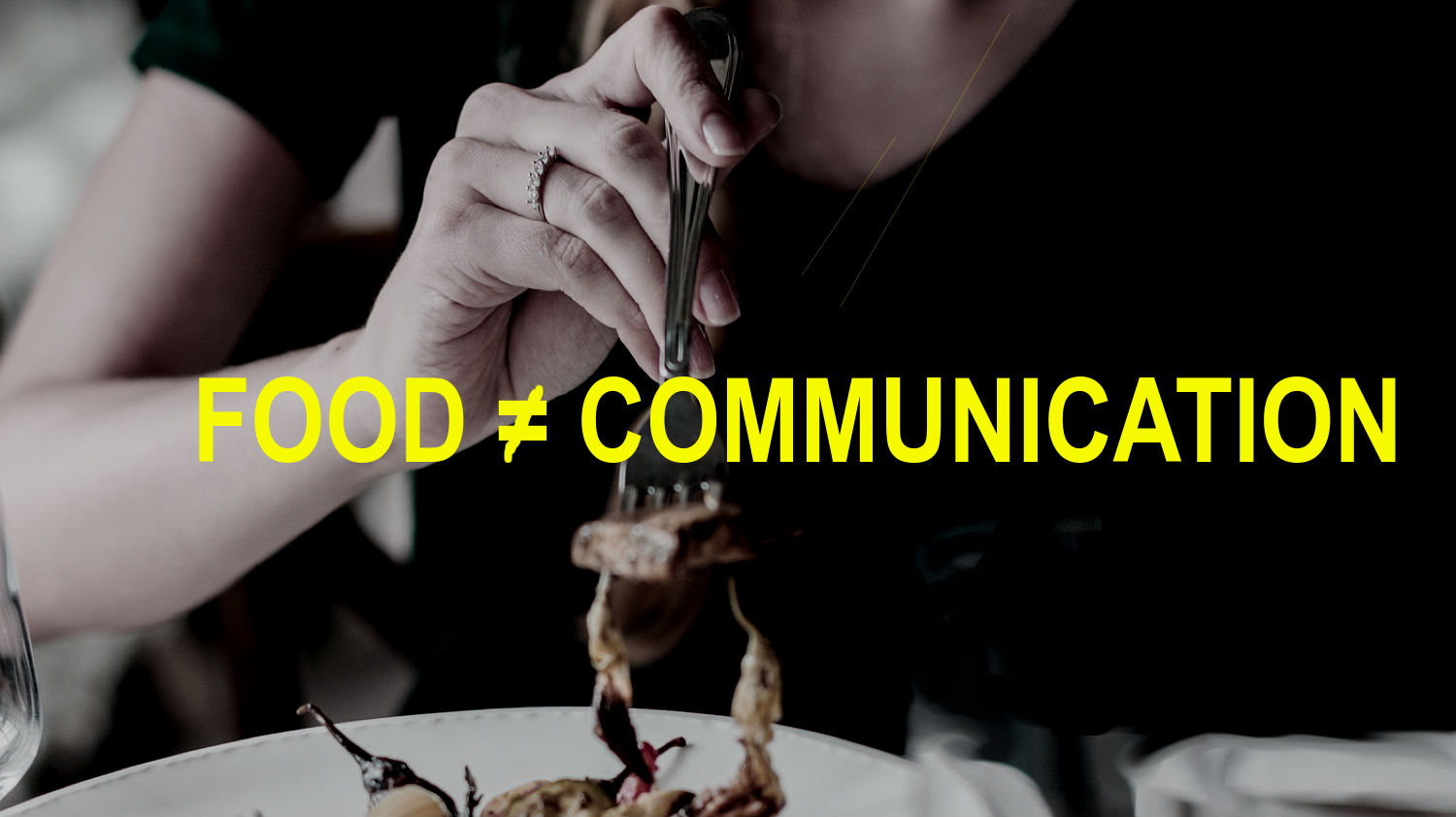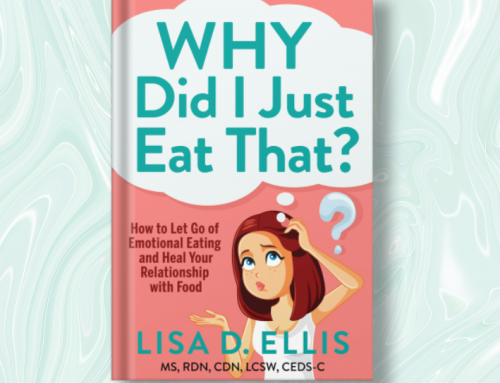Do you swallow your voice? Some people, when emotionally upset, bring up the subject of whatever the issue happens to be for discussion… in a calm and rational manner.
Other folks engage in loud, vocal conflict.
And still other assert their voices through… stress eating.
I can remember those not-so-long-ago days when big hair on women and girls was THE thing to have, at least for some people. Amy–a high school sophomore at the time–was one of those people. But then, one bright autumn Saturday, Amy’s mom took the liberty of making an appointment at the hairdresser’s for Amy. The mom, it seems, had decided that the big hair look was not for her Amy. And though Amy tried to convey her own preferences, she was no match for her very domineering mother. So by the end of the day, Amy’s big hair had been cut short, her long, teased hair brusquely traded for an already out-of-style Dorothy Hamill wedge-cut.
Amy did not kick up too much of a fuss; she did not want to disappoint her mom by contradicting her. So instead she came home, took a seat at the kitchen table, and–though she was not hungry–she ate.
She ate as a way to disagree with her mom.
She ate as a way to say, “I control my body.”
She ate as a way to express feelings for which she had no words, and even if she did have the words, she didn’t feel that she had the power in her family to speak them.
Years later, even as a grown woman, Amy admits that when she feels the need to impose some limits on her mother, to establish the healthy boundaries a grown child should be able to set around her parents, she reaches for the snack cupboard.
Amy’s story is an all-too common one; I’ve heard different versions of it throughout my counselling career.
Many people who feel that they have little or no control over important aspects of their lives will employ their use of food as the one facet of their existence they actually can control. For them, food comes as a way to demonstrate personal power, a method of silent protest that ends up being self-destructive because those who use eating as a way to communicate often end up feeling powerless over food.
I helped Amy come up with words to protect her boundaries. She felt intimidated by her parents, and was afraid by asserting herself she was somehow disrespecting them. I pointed out that ideally, we should make all of our communications– especially those where we stand up for ourselves–with respect.
We discussed the importance of taking a moment to access our feelings when we feel an emotional challenge coming on. What is the feeling, and what is causing it? Then we talked about ways to address it. In this case, if negative emotions from an issue with another person come up, there is a powerful, simple tool to use:
The “I” statement, a good way to neutrally stand up for your needs without making the other person wrong. You describe and take responsibility for your feelings, and explain causes them.
For example, Amy might have told her mom, “I feel frustrated when my preferences are ignored.”
There is no guarantee, of course, that her parents would be able to really hear and understand what she said, but the simple act of speaking her mind and using her voice could have helped Amy regain sense of personal power and helped alleviate her sense of not being heard.
And whether or not her words were ignored, it was important to develop ways to soothe upset feelings other than eating for comfort. (For Amy it was a warm bath.)





